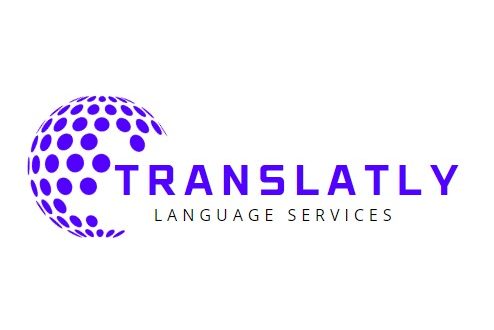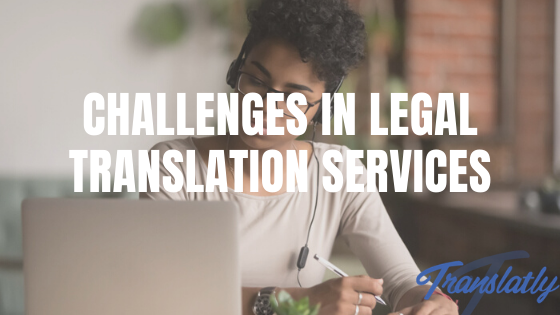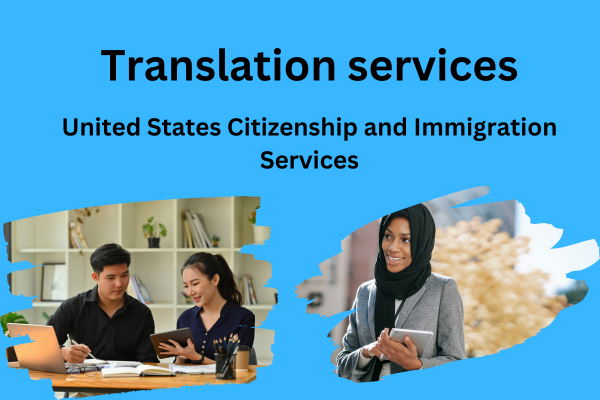Challenges In Legal Translation Services
One of the most challenging tasks in the field of translation is – Legal Translations. Translation involves many more activities than just taking a word and converting it into another language.
To keep the context exact and clear, the translator needs to have deep knowledge and understanding of the legal system.
When it comes to translating legal documents, simply being proficient in two languages is not sufficient, but having specialized legal knowledge is an absolute necessity.
There are many types of documents that require legal translations including financial statements, evidence documents, birth certificates, business contracts, etc. With such documents, even the smallest errors can lead to severe consequences and can cost too much to the clients.
Types Of Legal Translations
The business environment has been changing every day, and the more you expand your business to various markets, the more complex your legal requirements become. The common types of legal documents that require translation are:
- Legal Contracts
- Court Documents
- Personal Identities
- Trade Contracts
- International Treaties
- Immigration Documents
- Financial Statements/Records
- Corporate Documents
- Terms and Conditions

Challenges In Translating Legal Documents
Legal Translation is a complex niche in the translation field because every country has its law terminologies and a unique legal system. The difficulties faced in the legal translation are discussed as follows.
DIFFERENT TERMINOLOGIES
One of the difficulties faced by translators while translating legal content is the usage of various legal terminologies. Sometimes, there is a huge difference between the words of the source and the target languages. During the process of translation, the translator should constantly compare both the legal systems of the two languages, they’re dealing with.
LEGAL ISSUES
Everyone knows the complexity of legal work – it carries strict deadlines, long procedures, and careful handling of various documents. When legal documents are required in institutions or court, a delay or error may result in its cancellation. Lawyers constantly face an issue when dealing with international clients or problems, as they have to tackle different words.
SYNTAX VARIATIONS
The different elements that help in crafting the syntax of a single sentence like commas, apostrophes, colons, etc. create a lot of confusion while translating documents. Even the minute changes in the punctuation or just moving the syntax around can change the entire meaning of the sentence, even within the same language. Moreover, the issue is intensified when the syntax rules are to be followed in absolutely two different languages. When legal translations are concerned, effective translations can only be done when one is proficient in the process.
TONE
One of the most important aspects to be considered in the translation process is to maintain the tone. Legal documents are very important pieces of information, and every sentence should be translated properly. Many translators know to translate the meaning accurately but do not have the understanding to keep the tone of the original words. Consequently, several complications occur and may also bring variation in the actual meaning of the content.
To be an expert for important documents, the translator must go through regular training or keep themselves updated with the changes in languages and legal systems. Even a task that seems completely simple like translating a legal certificate should be done with utmost care. Though there are many difficulties faced in the process of legal translation, getting in touch with professionals providing legal translation services, can help you get effective results.
Conclusion
In the intricate realm of translation, legal documents stand out as particularly challenging. Beyond mere linguistic proficiency, they demand an in-depth understanding of legal systems, terminologies, and nuances specific to different countries.
The stakes are high, with minor errors potentially leading to significant legal and financial repercussions. The complexities range from differing legal terminologies, strict legal timelines, nuanced syntactic structures, to maintaining the precise tone of the original document.
Given the myriad challenges, the importance of expertise in this niche cannot be overstated. For businesses and individuals navigating international waters, entrusting legal translations to seasoned professionals is not just a good choice—it’s an imperative.
Engaging with experts who continuously update their knowledge and skills ensures accuracy, mitigates risks, and guarantees the integrity of the translated content.






